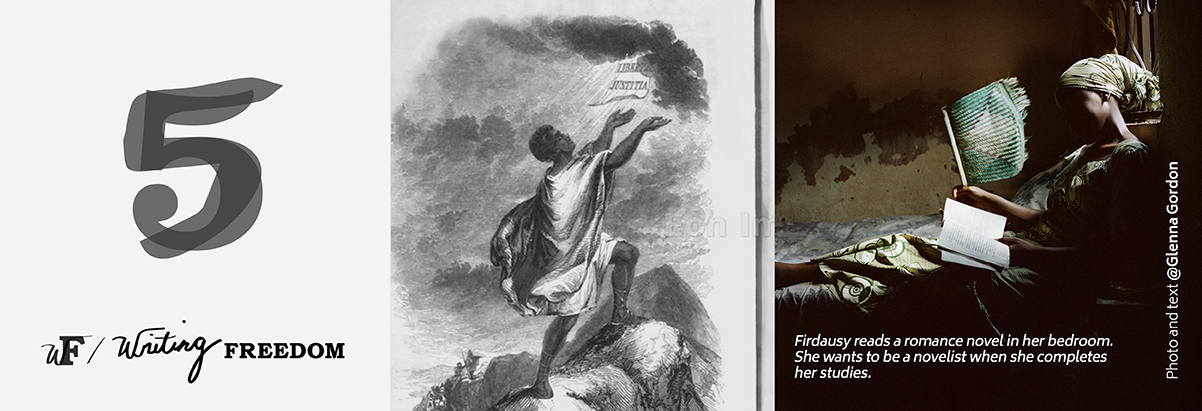
The Impact:
By late autumn of 1829 the dangerous pamphlet was found circulating among blacks in Savannah, Georgia. In North Carolina, the state’s Governor was informed by a magistrate of a seditious document “treating in most inflammatory terms of the condition of the slaves in the Southern states, exaggerating their sufferings, magnifying their physical strength and underrating the power of the whites…”[1]. Virginia Governor James Floyd intercepted an anonymous letter that asked a shopkeeper to distribute thirty copies and to await more still. Edward Smith, a supplier, was arrested, charged and convicted in Charleston for distributing it. But despite all efforts to stop its spread, the Appeal was in black and white hands all across the South by summertime.
Georgia and Louisiana lawmakers banned distribution of all anti-slavery literature and enacted laws against black literacy. By fall, North Carolina, Walker’s home state, where he had been educated and where the great Negro scholar John Chavis, likely the most learned black man of the early nineteenth century, had taught white and black alike, would follow suit outlawing black literacy. Georgia put a $10,000 bounty on Walker captured alive, a $1,000 bounty if dead. Back in Boston, Walker’s associates urged him to flee to Canada, but Walker stood his ground. “I write without the fear of man. I am writing for my God, and fear none but himself; they may put me to death if they choose,” he preached in the Appeal.
[1] Letter Book of the Governors of North Carolina, 1829-1830. James F. McRae to Governor John Owen, August 7, 1830.
See full essay here
Romance Writers Reinterpret Islam and Redefine Sin
Isa Sanusi: “The Kano governor in 2007 led a widely publicised burning of thousands of the novels. A censorship board was then set up, requiring writers to present their works for scrutiny before publication. This has now been relaxed after some writers won a civil court case which upheld their freedom of expression.”
Read more here
The authors are now left pretty much alone because of the very social changes they have contributed to forging.
Novian Whitsitt: In an open letter to Soyayya [“Love”] writers, the editor of the religious magazine Gwagwarmaya (Struggle) wrote: “Right from your book cover the design is sinful…. Similarly when somebody reads your books he will see that the inside consists of sin and forbidden things…. Citations like ‘my better half’ (rabin raina), ‘the light of my heart’ (hasken zuciyata) and other lies make you wonder whether the writer should be lashed” (Whitsitt, 2003).
Novelist Balaraba Ramat Yakubu reinterprets Islam and redefines sin in direct contrast to the doctrines of mainstream Kano Islam and as well as Boko Haram. Her devout and virtuous heroines pray to Allah, who punishes the selfish husband and rewards his devout daughter Saudatu with educational achievement and monogamous love. Allah plays an authorial role in this novel.
From the preface to Yakubu’s Sin is a Puppy that Follows You Home:
In this book, I tell a story about a type of man found commonly in Nigeria who regards a married woman with children as a sort of slave to be bought or sold at the marketplace. These men think they may treat such a woman as poorly as they like, since they believe her to be completely worthless….
I hope my story will serve as a lesson to the Muslim community. May the Lord God make the sinners change their ways, as He does not forgive a man’s crime against another.
I am deeply grateful to Allah for giving me the inspiration to write this novel.
(vii-viii)

